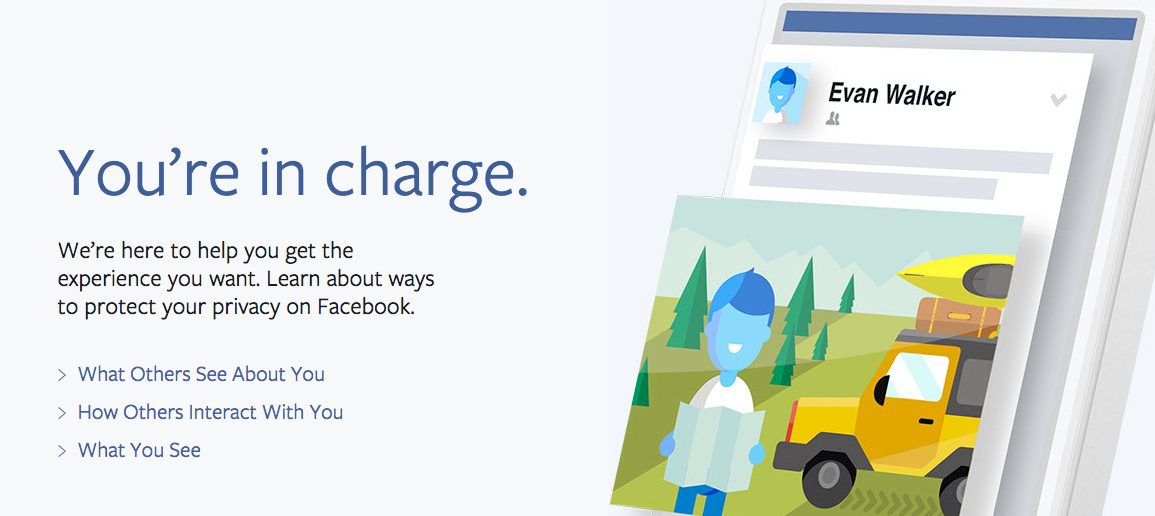Privacy, Ownership Rights and Your Facebook Page
Facebook. It is the gatekeeper of everything that makes up who we are and yet issues of privacy within its virtual walls never seem to cease. Yet again Facebook users are posting a prewritten declaration of protection in attempt to keep all posts private property. Typically, the declaration looks like this (as reported by Time):
“On this date, in response to new guidelines on Facebook, pursuant to articles l. 111, 112 and 113 of the code of intellectual property, I declare that my rights are connected to all of my personal data drawings, paintings, pictures, texts, music, etc. Posted on my profile, before this date, now and forever. My consent is necessary for commercial use of what is stated previously is required at all times.”
It’s 70 words of expression, not declaration and it has been around for quite some time. This statement and versions alike have been flowing through Facebook for over two years in an attempt for users to protect their Facebook pages. The thing is, that prewritten declaration does not provide anything to Facebook users but a false peace of mind and Mickey Osterreicher, General Counsel for the National Press Photographers Association (NPPA) agrees.
“That message pops up from time to time, and we try to tell people that posting it doesn’t do anything,” Osterreicher said in a statement he made to Time. “People really don’t understand copyright, and that’s a problem.”
Facebook’s answer to the big question of ownership rights and privacy can be found on their legal terms page and read as follows, “You own all of the content and information you post on Facebook, and you can control how it is shared through your settings.”

Facebook publicizes, “You’re in charge” on their privacy basics page but not many users understand what they are in charge of when it comes to their Facebook page. Facebook classifies their policy into three categories; “What Others See About You”, “How Others Interact With You” and “What You See”. After clicking on one of those options you are led to a list that may answer specific questions a user could have regarding posts, likes, searches, friend lists, etc. For example, if you have a question about who can see what you post, Facebook will take you through the process of making that selection in an interactive mock account. The effort is there, but the legality questions surrounding privacy and ownership rights remain.
The conclusion is that we truly don’t know exactly what is going to be secure on your Facebook page as of January 1st, 2015 but Facebook is attempting to simplify and explain it to us yet again. The new policy can be found by clicking here, for those of you that want to read it for yourself. We wish you the best of luck.
